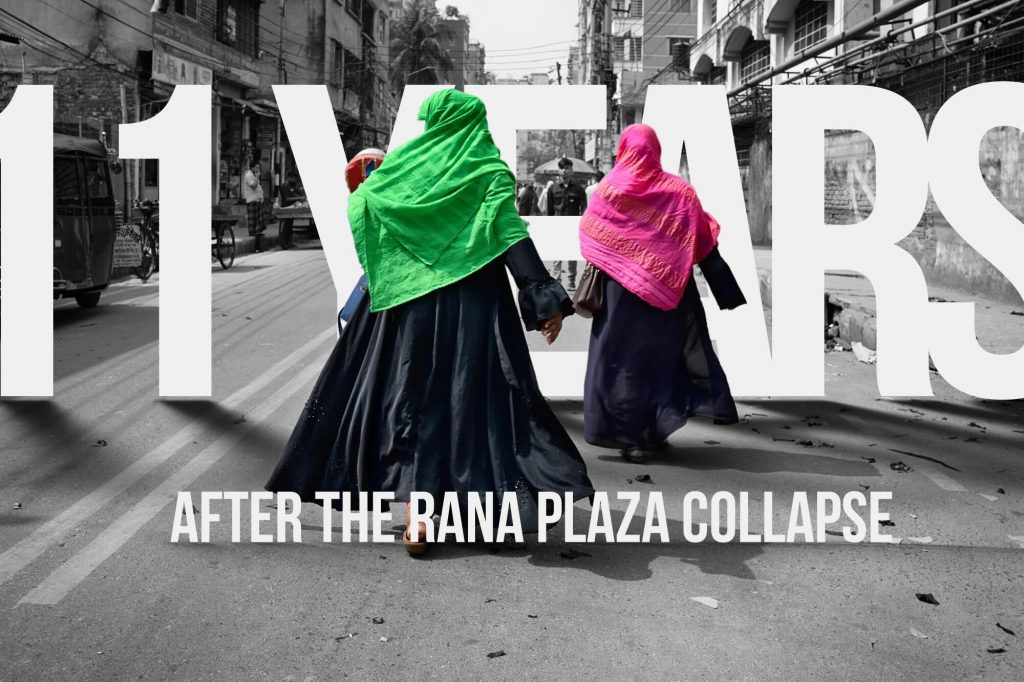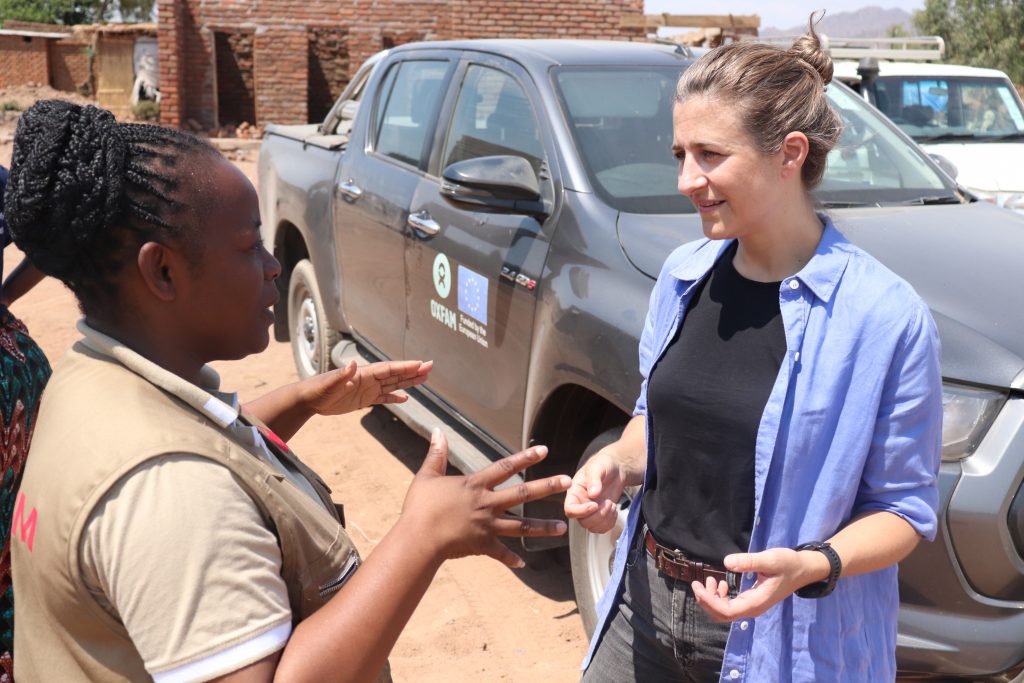Ebola: How Oxfam is responding in Liberia
By Cathy Stephen
I am the Technical Advisor for the Liberia WASH Consortium, a group of six international NGOs, managed by Oxfam, working together to provide and advocate for water and sanitation services and to improve hygiene behaviours across Liberia. Liberia has been slowly recovering and developing during the 10 years of peace that has followed a brutal 14 year civil war. However, all this has changed in the face of a new and terrifying threat to both the public health and overall security: Ebola virus disease.
Liberia has already had over 600 suspected and confirmed cases of Ebola, with over 300 deaths, and it does not look like the disease is yet under control. Women and health workers have been the group hit the hardest by the outbreak (75% of cases are female) as they predominantly care for the sick and are therefore most likely to catch the disease if not well protected.
Largest-ever Ebola outbreak
This is the largest Ebola outbreak ever in the world. In other countries the epidemic has been controlled by people following health messages about avoiding touching sick or dead bodies and ensuring that affected people are treated at the Ebola treatment centres. In Liberia this has not been as successful.
A weak and unprepared Liberian government has been overwhelmed by the scale and severity of the emergency and international actors have been slow to support and respond. Health workers have abandoned their posts due to a lack of protective equipment and fear, major hospitals have been closed during the peak rainy season (where cholera and malaria rates are highest) and Ebola treatment/isolation centres are at full stretch.
The spread has been fuelled by the huge mistrust that community members have in the messages given by their own government, which has meant a denial of the disease, rapid spread of rumours and a fear of taking the sick for treatment or reporting suspected Ebola deaths.
This is an emergency never before faced in West Africa or Liberia. In the midst of so many other global crises, Ebola only hit the international news when two US citizens (a volunteer doctor and a hygienist) contracted the disease and an infected man travelled by plane and died in Nigeria. This now seems to be a global threat, beyond the region.
State of emergency and looming food crisis
I have noticed some real changes in the reaction of people to the virus in Liberia. People are normally very friendly and tactile, but people across Monrovia are now not shaking hands or touching. Everywhere you see handwashing buckets, soap, hand sanitiser and chlorine outside all shops, businesses, churches and many other buildings.
In a country where people previously never washed their hands with soap, this is at least a great step in the right direction for our work in trying to reduce diarrhoea and other diseases.
People denied Ebola was real at the beginning, but there is now an extreme reaction with the government declaring a state of emergency and closing down ministries and schools. Parents are not letting their children play in the streets and international staff are leaving the country. There is a fear from civil society that the army may be deployed to isolate certain parts of the country and also concerns about the threat to the continued freedom of the press.
In addition, the Ebola outbreak also threatens the economy of Liberia, with investors pulling out of the country and the price of food and other essentials increasing. There is a tangible threat of the region being hit by a food crisis and the government is already asking donors to prepare food aid.
There are a lot of myths about Ebola, within Liberia but also further afield, propagated by the international media and the general public. While the disease is undeniably scary, with all the bleeding that is involved and the lack of any available treatment, it is important to remember that it is harder to catch than is imagined. It is primarily those who are in direct contact with sick people and their bodily fluids who have contracted the disease. And with a stronger health system an outbreak could be well managed and patients survival rates increased.
The Ebola virus is strong when it is inside humans and animals, but it is very weak outside the body so cannot live in air, water, soil or mosquitoes.
So, what are we doing?
The Liberia WASH Consortium is pausing all other projects while we focus on three main areas to counter the threat of Ebola:
- Scaling up our work in communities to increase public awareness of Ebola (the causes, signs, prevention and actions for suspected cases).
- Supporting treatment centres and public places with WASH facilities and protective equipment.
- Helping the Liberian government to coordinate its response to Ebola.
Hopefully the increased efforts of the Liberia WASH Consortium, alongside other responders such as UNICEF and MSF, will soon start to have some impact on reducing the spread and deaths from this deadly disease.
Cathy Stephen is Oxfam GB's technical WASH (water, sanitation and hygiene promotion) adviser for the Liberia WASH Consortium. This posting originally appeared on Oxfam GB's Policy and Practice Blog.
Oxfam Canada's Emergency Response Fund (ERF) enables us to provide timely, appropriate responses to emergency situations and to support reconstruction work. The ERF ensures that Oxfam can quickly respond wherever and whenever the need is greatest.

